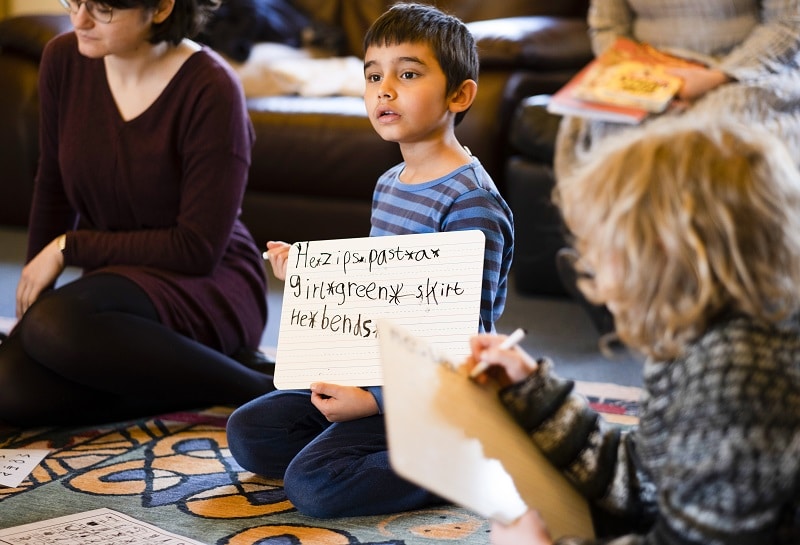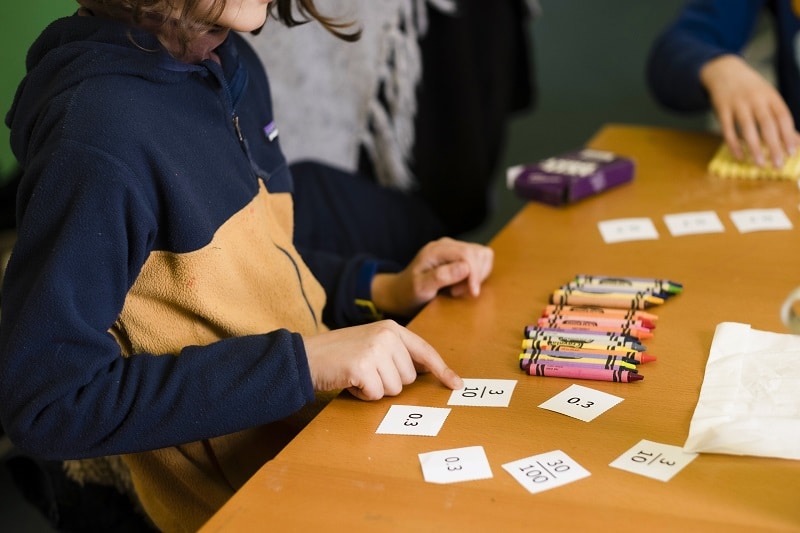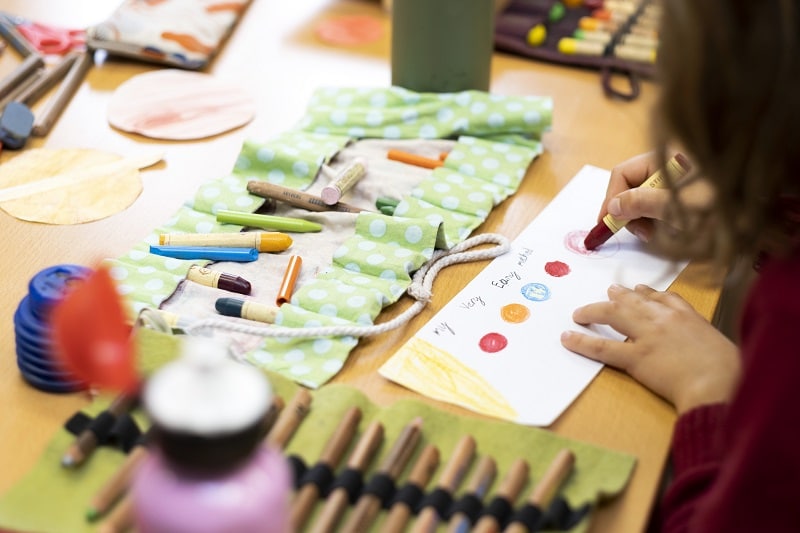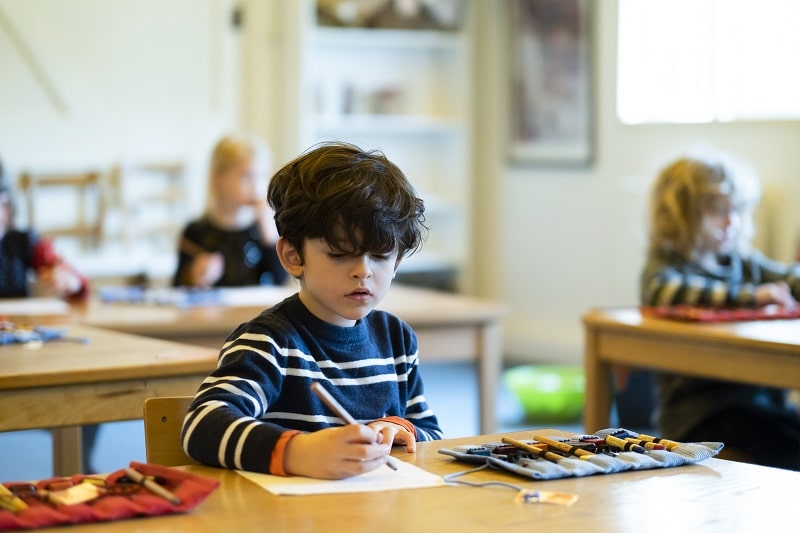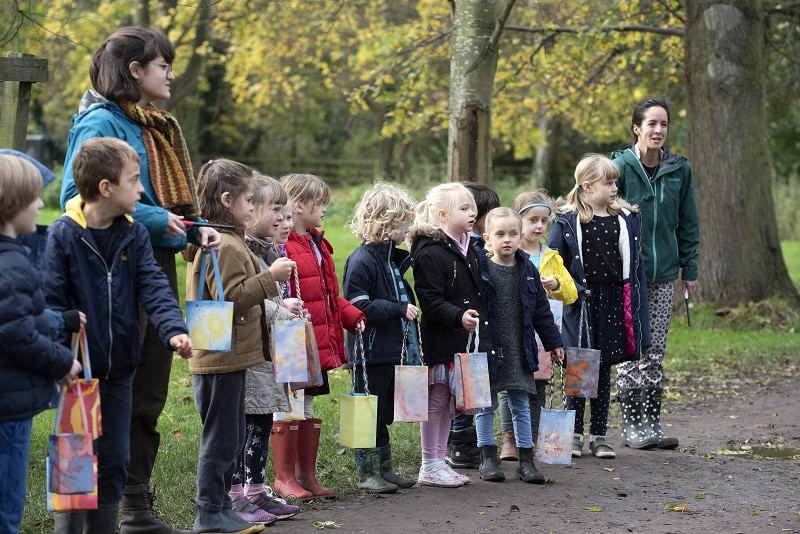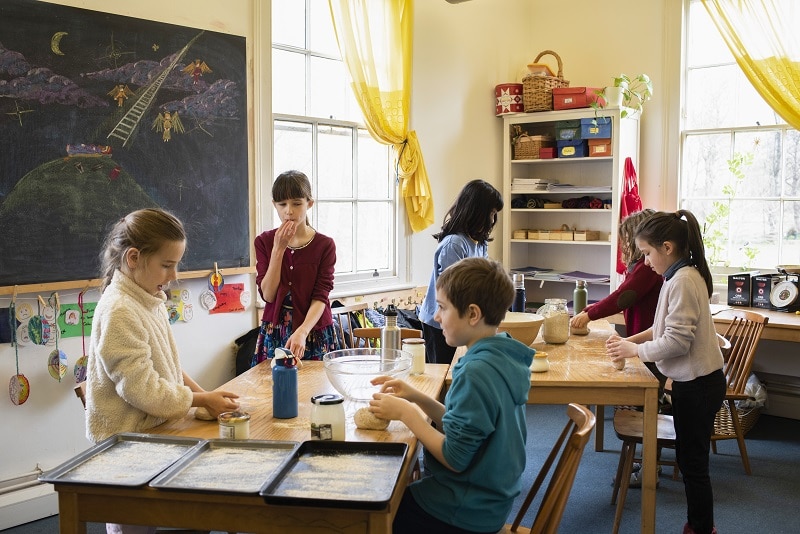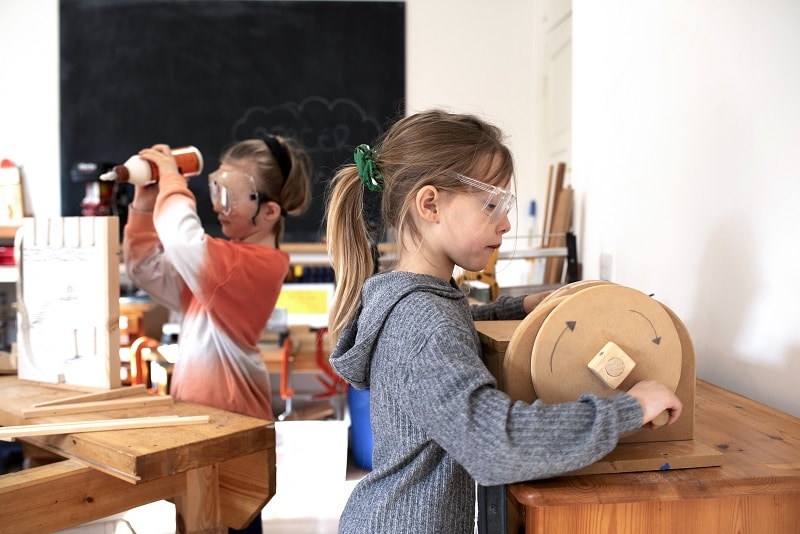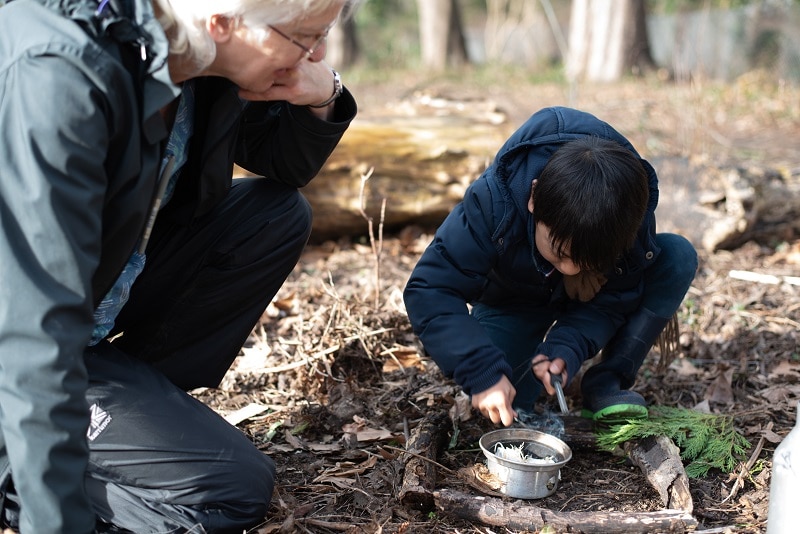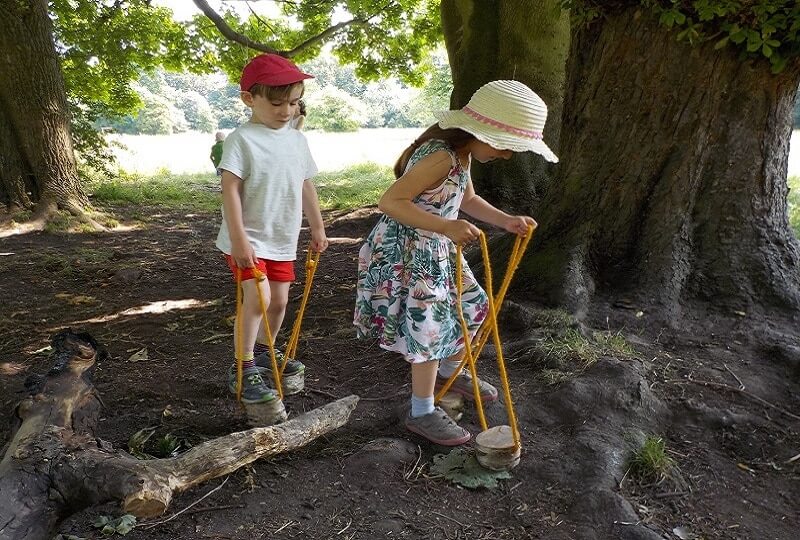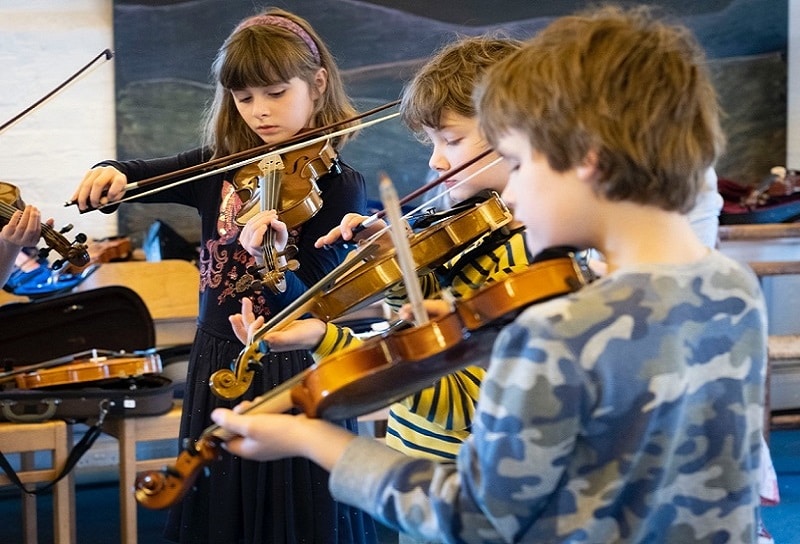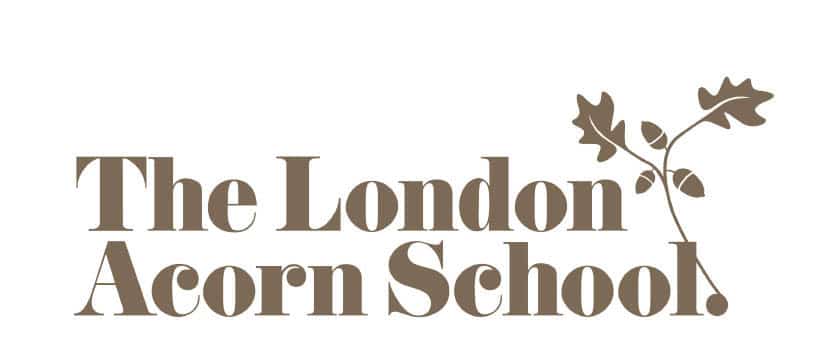“an imaginative and unique curriculum”
Ofsted Report
Head, Heart, and Hands
The key intent for our school curriculum is to create a positive and purposeful drive for learning in our students that will enable them to contribute to society throughout their lifetime.
In order to fulfil our intent, the TLAS curriculum engages the head, heart and hands in its thematic approach. The head is the rigorous academic learning; the heart, the social and emotional intelligence; and the hands, the physical and artistic education. Our intention is to enable our children to grow into healthy, well-rounded young people, succeeding across these three balanced disciplines.
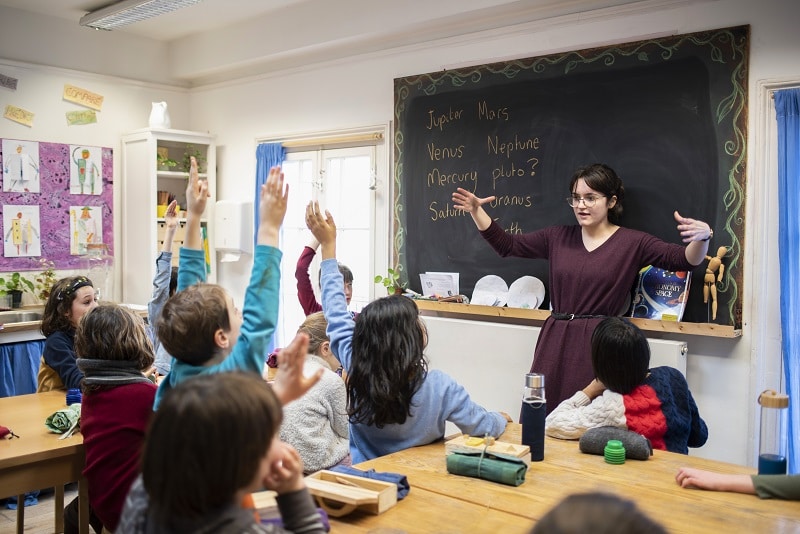
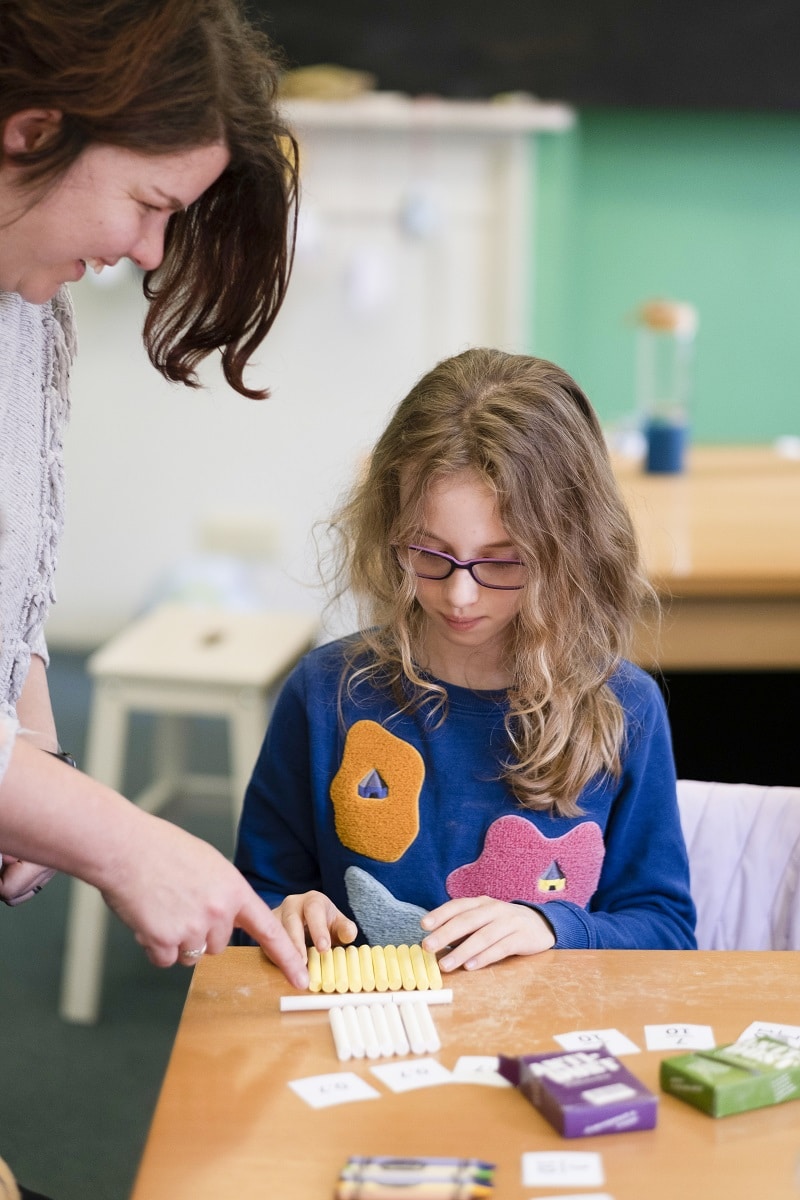
How is TLAS unique?
Based in Morden Cottage, within the grounds of Morden Hall Park, TLAS offers a nurturing environment, which fosters a family atmosphere. Class sizes are small and relationships between teachers, children and families are very strong. In a small school, the emphasis is on providing boundaries, developing positive habits and working closely with children to support choices, which helps to create a harmonious atmosphere.
As our children enter into formal learning at age 6 (in tandem with many education systems globally), our curriculum allows children the time, space and opportunity to enter a state of ‘flow’. The connectivity of our curriculum themes and longer lesson times allow children to be completely absorbed by a learning experience. TLAS ensures learning is ‘experiential’, providing opportunities for children to use their full sensory intelligence, opportunities to create, be in nature and have real agency in their learning.
Finally, TLAS has a low-tech approach. In a world which surrounds our children with tech, our curriculum prizes the creative and the outdoors. Rather than ‘swiping right on an ipad’, our children are to be found lighting campfires, creating wooden toys in our workshop, and enjoying sport or yoga. Children need time and space to ‘grow’ their abilities and to discover their passions; TLAS allows children this time.
Chatsworth Tapestry
At Chatsworth Schools, we champion individuality by understanding and embracing each student’s learning style. Our curriculum adapts to their unique needs, creating a bespoke learning framework tailored to our school’s identity, culture, and our students’ aspirations. This unique framework is known as ‘The Chatsworth Tapestry’.
Look out for The Chatsworth Tapestry symbol throughout the TLAS Curriculum Overviews.
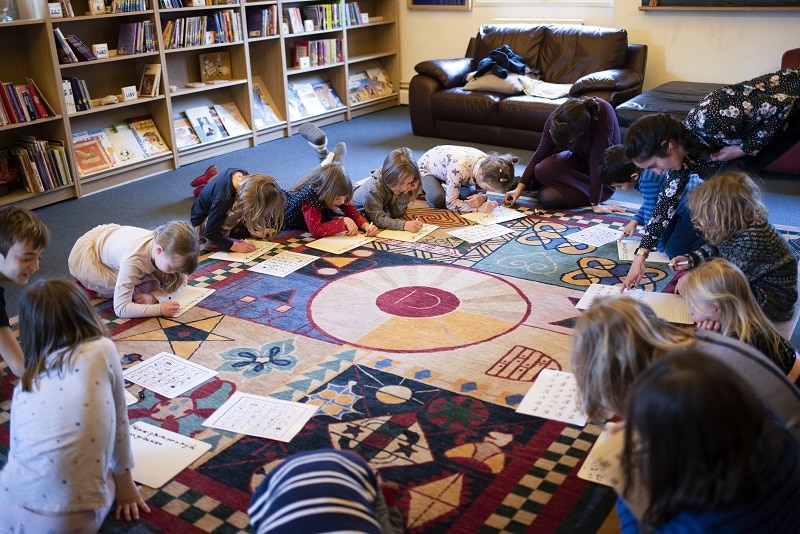
Curriculum Overviews
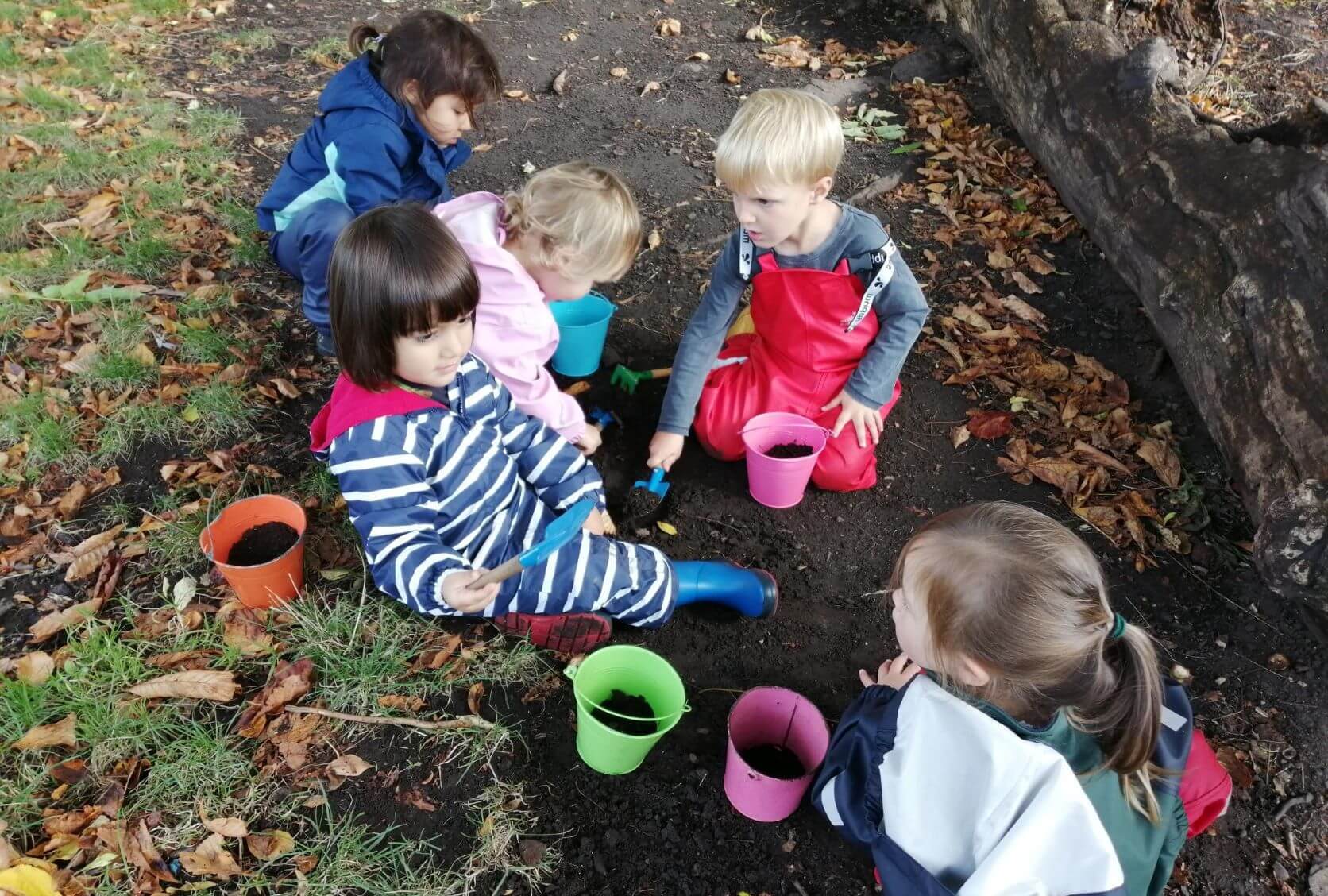
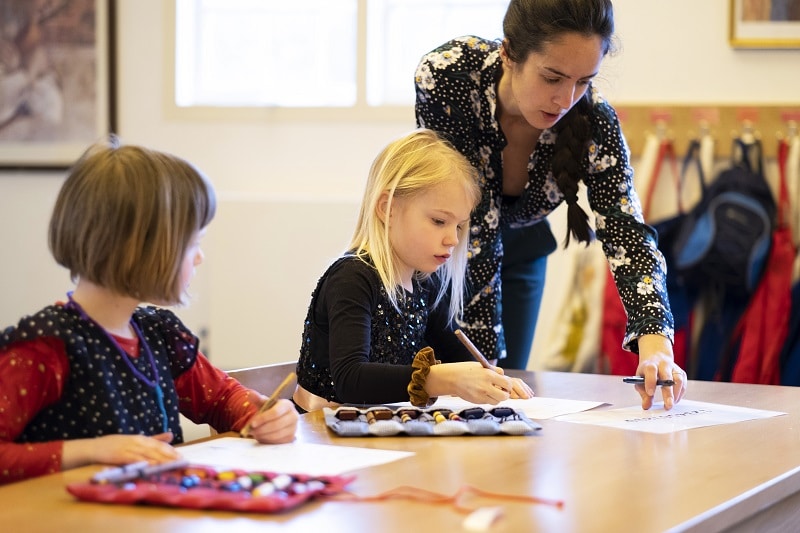
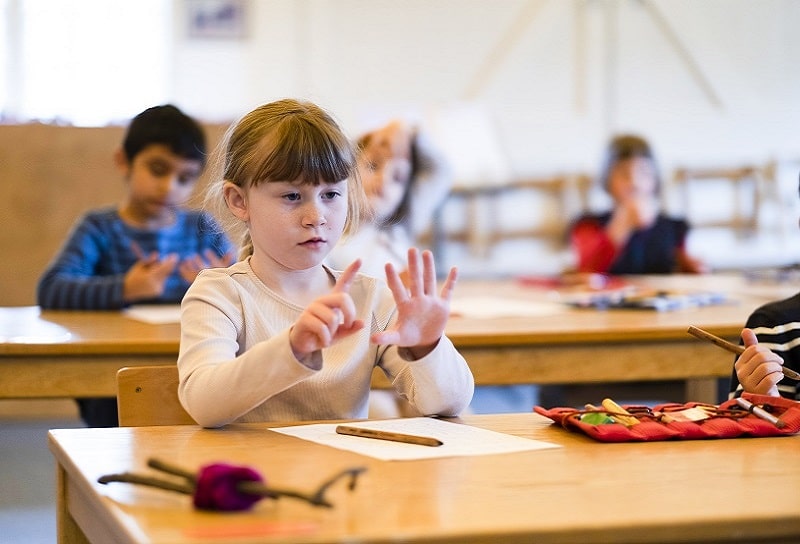
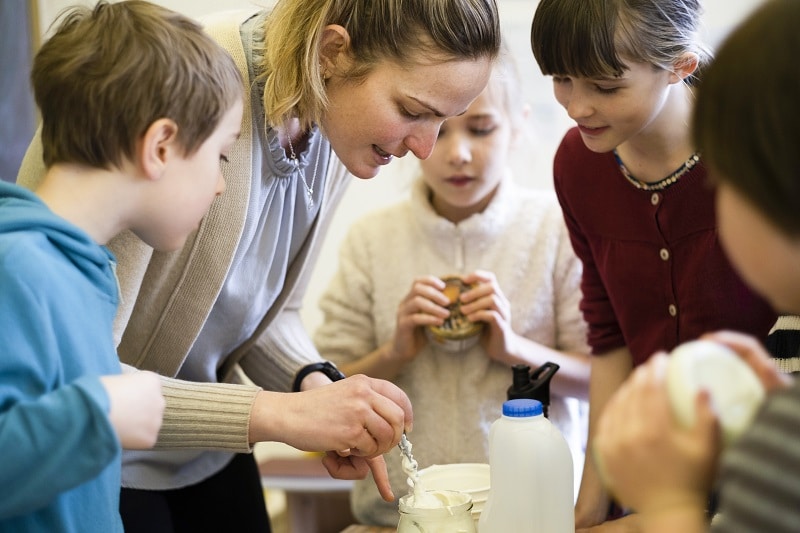
Subjects
